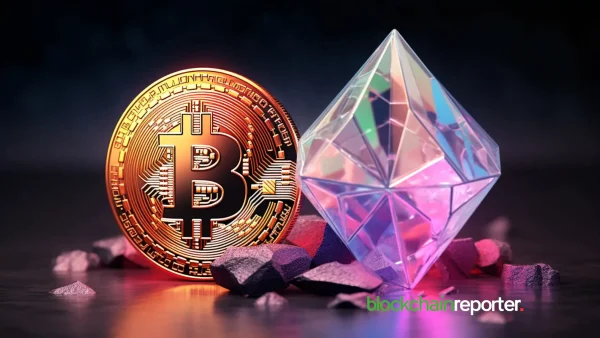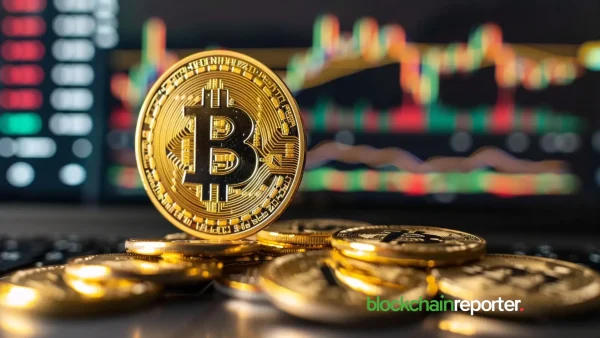
Panama’s National Assembly passed a crypto bill in late April 2022 about the legalization of cryptocurrencies. However, last month President Cortizo responded that he wouldn’t sign the crypto bill unless rules on Anti-Money Laundering are added to the bill. Now, over his concern on Anti-Money Laundering (AML), the bill has been brought back up by the governments.
President Of Panama Condemns Crypto Bill
Panama’s President Laurentino Cortizo condemned the crypto bill, according to him, some changes need to be made to the bill, so as to better fit Panama’s financial regulations. Meanwhile, he already partially vetoed bill No. 697 dubbed the “crypto bill”, calling the bill an innovative law, and requested anti-money laundering measures for the bill before it can be signed.
Panama’s Crypto Bill Recurred
As a result of his concern over the anti-money laundering measures, the bill has now recurred for debate with the government. Local media outlet La Prenda has acquired a copy of the 32-page veto, and reported that the President reciprocated saying it’s “imperative” the cryptocurrency laws conform or agree to the new regulations which were recommended by the Financial Action Task Force (FATF) illustrating “fiscal transparency and prevention of money laundering”.
President Cortizo already recently described the legislation of the crypto bill as an “innovative law,” and indicated or showed approval of some particular aspects of the bill. However, he has now said unlawful uses of cryptocurrency could be possible and that alone, needs to be addressed
Congressman Revealed
Congressman Gabriel Silva who was a part of the introduction of the bill back in September 2021 tweeted on Thursday (according to translation) that “The President Just Partially Vetoed the crypto bill. A lost opportunity to generate jobs, attract investment and incorporate technology and innovation in the public sector. The country deserves more opportunities and also financial inclusion.”
Silva added, “We are studying the veto to make the corrections, but we must keep the law competitive. The discussion must now go to the Government Commission (to see what is unconstitutional) and to the Trade Commission (what is inconvenient). Then 2nd and 3rd debates. Only what is vetoed is discussed”
According to him, Congress will observe the veto to make the changes and then pass through to debates, afterward.
Panama’s Crypto Bill Is Different from El Salvador’s
If the crypto bill gets signed eventually, it will make the country, Panama, the second Central American country to adopt cryptocurrencies, with El Salvador being the first making Bitcoin (BTC) a legal tender. But unlike El Salvador, Panama’s bill is said to not just accept Bitcoin, but also accept other altcoins and the country also wouldn’t require local businesses to accept digital assets, either.
Because, according to the bill, Panamanians “may freely agree on the use of cryptocurrencies, including without limitation on any altcoins like Ethereum” as an alternative payment for “any civil or commercial operation.”
The bill is said to also make Panamanians adopt the issuance of digital value. Additionally, the government’s innovation authorities are also looking into the digitization of identity using blockchain or distributed ledger technology.
Conclusion
This shows Panama has a focus on blockchain technology and it’s looking forward and ready to explore more of what the technology is capable of. Meanwhile, President Cortizo seems to be more concerned about the curbing of Anti-money laundering than the adoption of cryptocurrencies.








